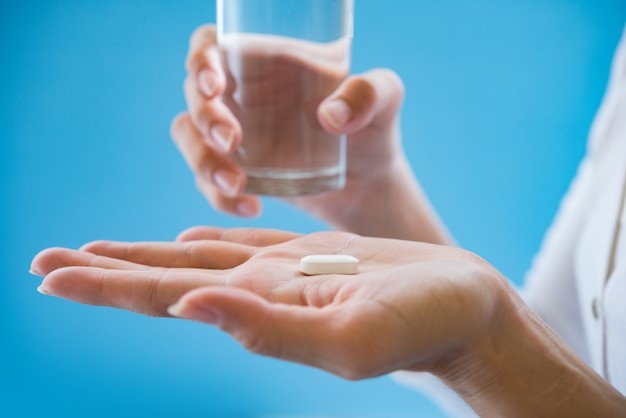Things You Must Know About Over the Counter Medication For Yeast Infections

That eerily familiar yeast infection rings bells in many women’s minds. You rush for the nearest over the counter yeast infection meds. However, picking the wrong meds can make for a murky situation. Commonly, doctors prefer a prescription yeast medication called fluconazole. You find these pills rampantly. While this medication is highly effective and commonly prescribed, here is all you need to know about the drug before you take it.
How does fluconazole work?
Fluconazole is a prescription-strength antifungal. Yeast infections occur when your vagina’s natural pH balance and that of intrinsic bacteria is disrupted. This imbalance leads to an overgrowth of Candida, a yeast infection-causing fungus. An uncontrolled, over growth of Candida leads to inflammation, unusual discharge, and the infamous itch. Fluconazole functions by inhibiting the growth of Candida and ceasing its multiplication. Often times, a singular pill of fluconazole, 150 mg in strength, is enough to treat a yeast infection completely.
Should I take fluconazole for a yeast infection?
If you experiences recurring yeast infections or are currently experiencing one, fluconazole is a great option! This effective over the counter yeast infection med interrupts a cycle of frequent infections too. Additionally, it is affordable and easy to buy.
Symptoms of a yeast infection often overlap with those of other common vaginal infections; therefore, if you feel unsure about whether you are truly experiencing a yeast infection, do consult a doctor to confirm. Commonly noticed symptoms of yeast infection include
Itching
White, chunky, and odorless discharge
Burning sensation during urination
When should I take the second fluconazole?
If your symptoms do not subside after a treatment of 2 days, you may consider taking a second dose of 150 mg fluconazole.
Why does my Yeast Infection keep coming back?
You are not alone in experiencing recurrent episodes of yeast infection. Chronic yeast infection is more common among folks than it seems. Here are a few possible causes of these repeat symptoms.
Your initial infection was not treated completely
You are creating humid or moist conditions for Candida to thrive
You have a drug-resistant strain of yeast
Your vaginal bacteria is out of whack
You have a weakened immune system
At the end of the day, every individual has a significant body composition and chemistry. If you are experiencing recurring episodes, it might simply be because your unique body chemistry predisposes you to yeast infections. Maintain good vaginal hygiene, stay dry in your cotton underwear, and wear loose-fitted clothing to keep the infection at bay. These practices will also break in your endless cycle of recurrent infections. Additionally, you can combine boric acid and reproductive probiotics to your dose of over the counter yeast infection meds too. These additions help hasten recovery and prevent infections in the future. Integrating reproductive probiotics into your routine can also help your vaginal flora thrive and contribute to a healthy microbiome.
Can you get Yeast Infections from sex?
If you do have frequent yeast infections, especially if they occur after sex, you may be wondering if you can get a yeast infection from sex. Yes, it is entirely possible for sex to trigger a yeast infection, but that does not mean it is an STI. Sex can be a contributing factor in disrupting your vaginal ecosystem, which in turn can lead to a yeast infection. In rare cases, a person with a penis can also get a yeast infection after penetrative vaginal sex with someone who has a yeast infection. Yeast infections can pass easily between female partners. Thus, it is best to put yourself out of commission until your infection clears up.
Hoping this guide has answered all your pertinent questions, do consult a doctor and take the necessary dosage of the most effective over the counter yeast infection med known—as fluconazole.

